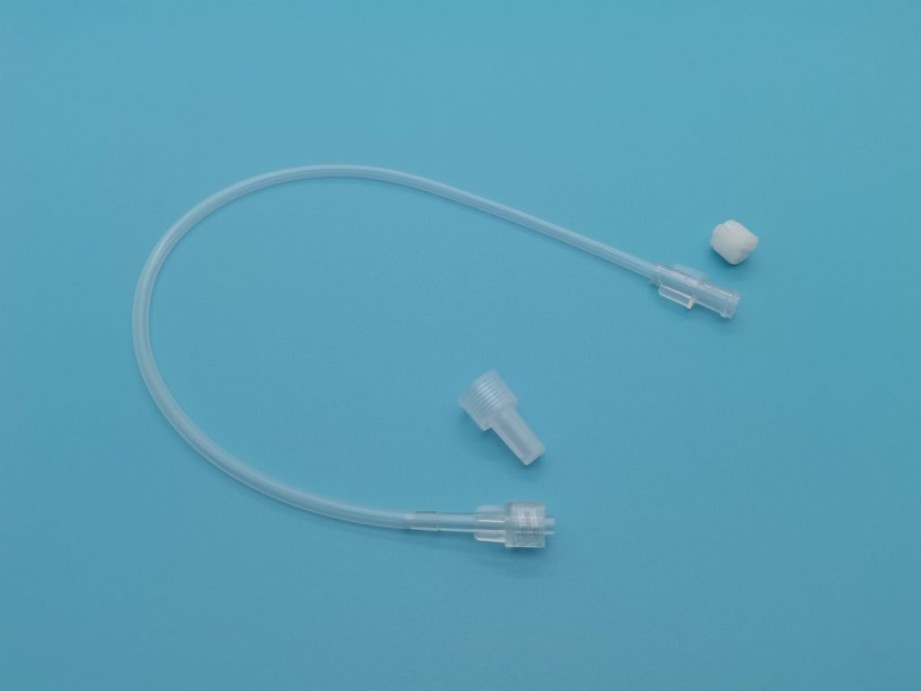Can IV Tubing Prevent Backflow and Contamination of Injection Devices?
IV tubing, often associated with medical settings, is a specialized type of tubing designed to deliver fluids intravenously. While it’s not a common tool in gardening, its principles of fluid flow and sterility could potentially be applied to prevent backflow and contamination of injection devices used in gardening practices. However, it’s crucial to approach this idea with caution and consult with experts in both medical and gardening fields.
Understanding Backflow and Contamination
Backflow occurs when contaminated water flows back into a clean water supply. In the context of gardening, this could happen with injection devices used for fertilizers or pesticides. Contamination can lead to the spread of diseases, harm to plants, and environmental pollution. To prevent these issues, it’s essential to maintain proper hygiene and sterilization practices.
The Potential of IV Tubing
IV tubing is designed to prevent backflow and contamination in medical settings. It often incorporates features like one-way valves and filters to ensure the unidirectional flow of fluids. While these features could theoretically be adapted for gardening use, it’s important to consider the specific requirements and challenges of gardening applications.
Key Considerations for Gardening Use
Alternative Prevention Methods
While IV tubing could potentially offer some benefits, there are more practical and cost-effective methods to prevent backflow and contamination in gardening:
Conclusion
While the concept of using IV tubing to prevent backflow and contamination in gardening is intriguing, it’s important to weigh the potential benefits against the practical challenges and costs. For most home gardeners, the more traditional methods of cleaning, disinfection, and using specialized gardening equipment are likely to be more effective and affordable. It’s always advisable to consult with experts in both gardening and medical fields to make informed decisions about equipment and practices.

